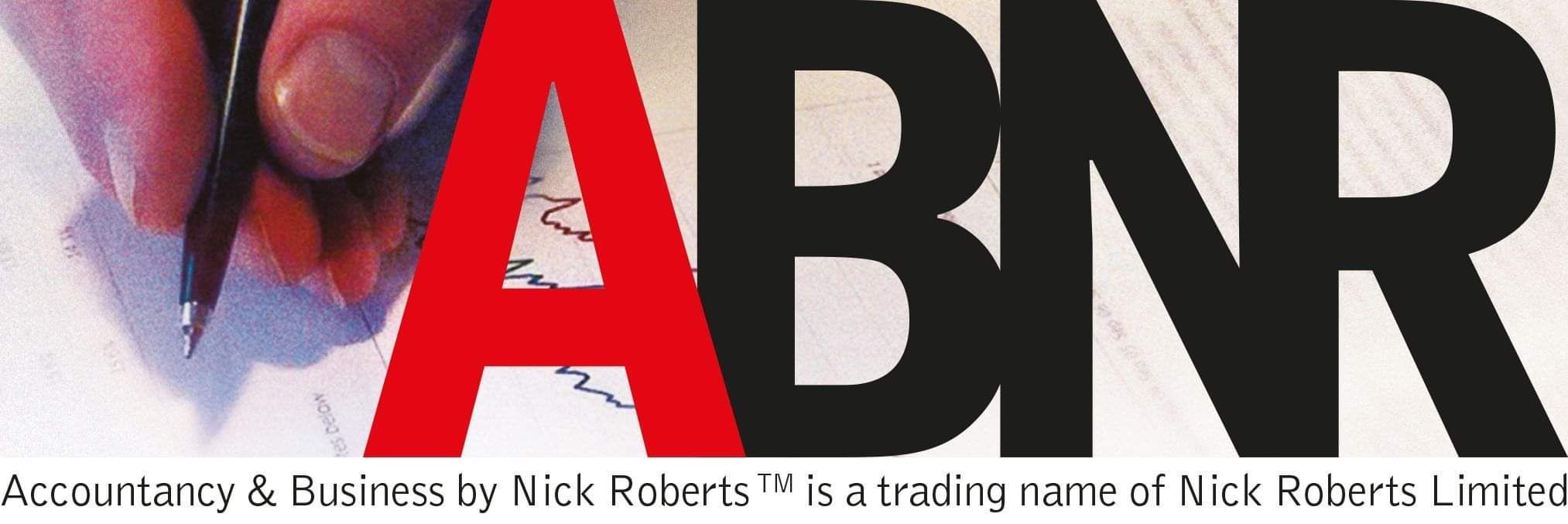Most of the small businesses who are working with an external accountant or bookkeeper would not recommend their adviser to others and a quarter are looking to switch accountants, according to research by software provider Xero
Based on a survey of 1,500 small businesses with an annual turnover of between £20,000 and £20m using various bookkeeping tools, the research shows 80% had an accountant but 70% would not recommend their choice and 27% reported they are likely to switch accountants.
A third (34%) went as far as to tell people to avoid their accountant. The top mistakes identified included rarely providing support (cited by 62%), limited industry knowledge (57%), making them feel like a low priority (55%), being behind on technology (53%), being unresponsive (52%) and not providing enough value (44%).
In contrast, the research found that, when asked what they wanted from their adviser, small business owners listed: industry insight; proactive advice and support; technical competence and the feeling that they are the priority.
The survey used a net promotor score (NPS) to assess customer satisfaction with their accounting firm. Those firms using online and cloud-based tools seemed to be performing much better, recording an average NPS of 20, compared to a -5 score for those still using traditional accounting tools such as desktop software and paper receipts.
Damon Anderson, director of partner at Xero, said: ‘It’s vital that accountants are helping their small business clients succeed - and it’s a concern that so many business owners would not recommend their adviser to someone else. However, it creates a real opportunity for accountancy firms to really benefit.
‘By adopting the right cloud tools, they’ll be in a far better place to improve their NPS score. by taking the simple step of improving client satisfaction.
‘In the wake of Making Tax Digital, it’s never been more important to be the driving force of huge technological change.’


